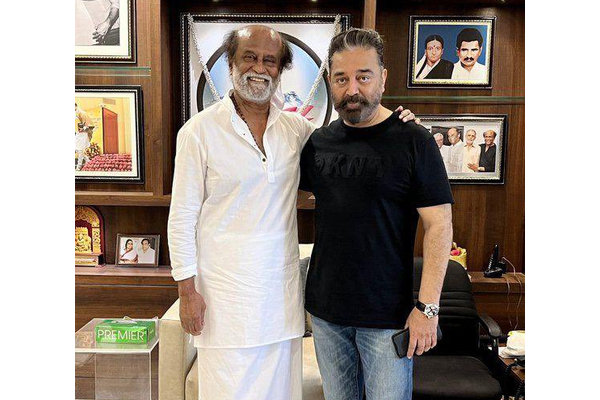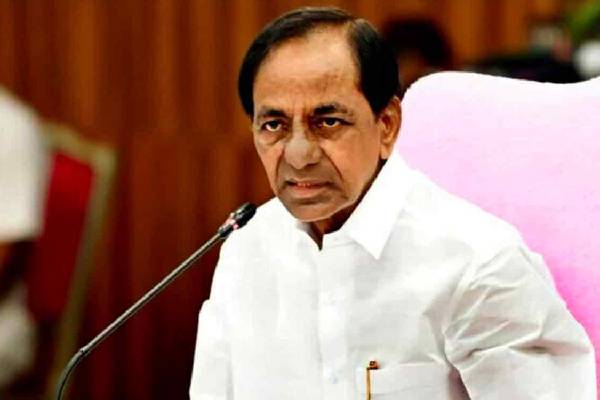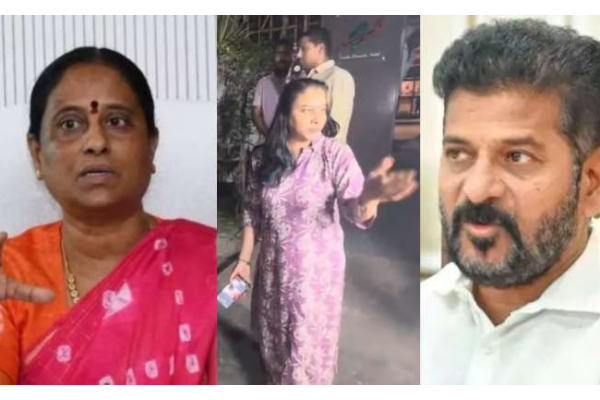The Telangana political scene has once again proven that discipline inside the Congress party is becoming a rare commodity. The recent episode involving Minister Konda Surekha seems to have ended, but the questions it leaves behind are far from over. Can a minister or her family publicly criticise the Chief Minister, call him out by name, and then wrap it all up with a casual apology? What kind of message does this send to the public and to the Congress ranks?
A “Sorry” That Raises Bigger Questions
Konda Surekha’s daughter, Sushmitha, openly lashed out at Chief Minister Revanth Reddy when officials acted against a former OSD of the minister. The remarks were sharp, direct and clearly disrespectful to the state’s highest office. Days later, the minister stepped in to cool things down, admitting her daughter “misspoke” and that she had apologised to the Chief Minister. But can an apology really erase the damage?
Weak Leadership or Tolerance?
When a senior minister or her family feels free to question the Chief Minister publicly, it reflects more than just frustration. It shows a lack of control from the top. If such behaviour goes unchecked, what authority will the Chief Minister’s chair hold over the cabinet and the party’s cadre? When boundaries blur at the ministerial level, even lower ranks might feel emboldened to criticise leadership and get away with a simple “sorry.”
Congress Needs to Set an Example
For Congress to maintain discipline and credibility, it must act decisively. The party cannot afford to let internal squabbles and personal emotions undermine the government’s image. Telangana voters are watching closely. If every controversy ends with an apology, the Congress government risks projecting weakness instead of leadership.
A “sorry” may heal personal differences, but in politics, it can cost authority, discipline and respect.

































